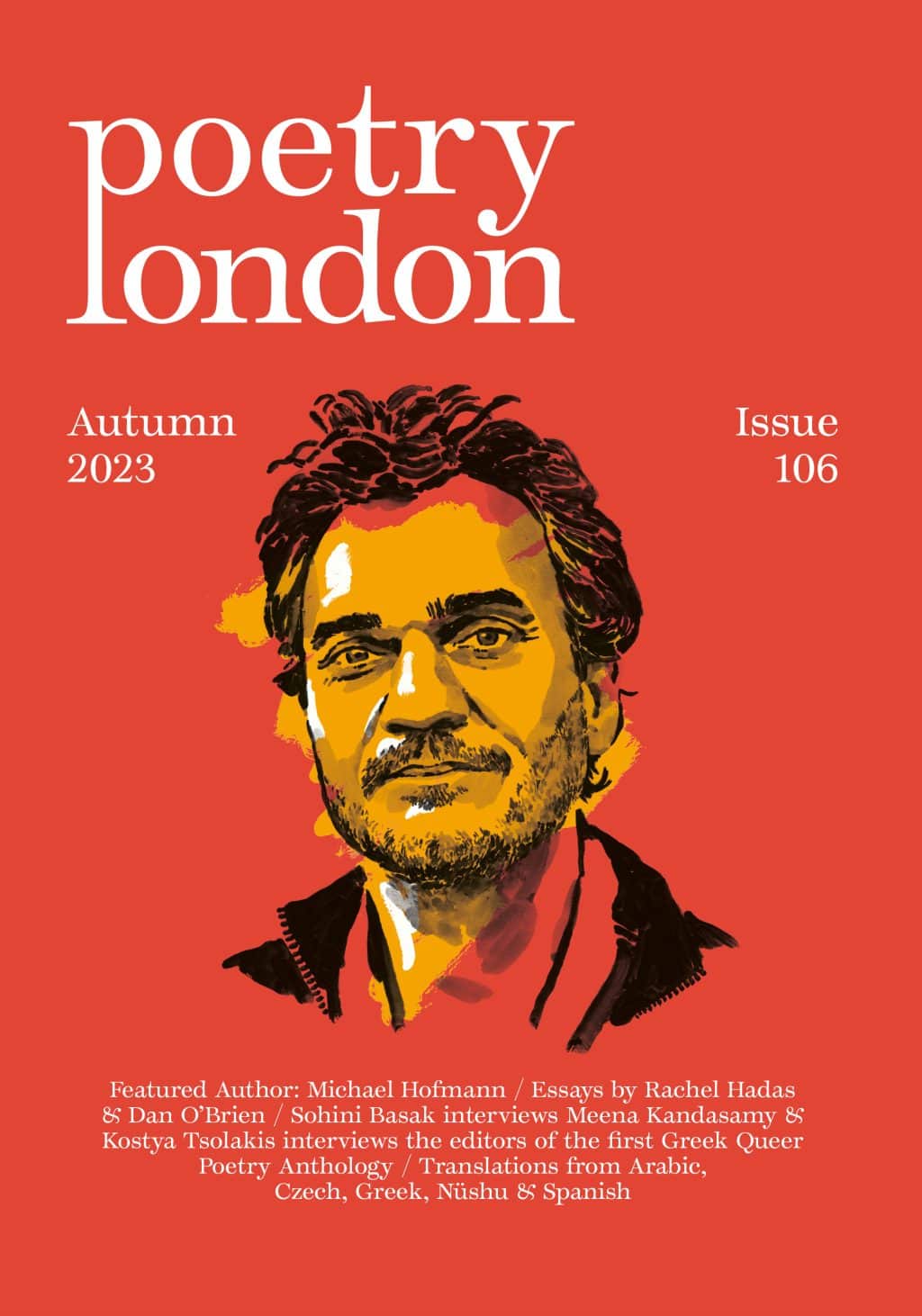Unusual Inmates
Jekwu Anyaegbuna
The other day inside the foyer of hell, the newest inmates were two troubled Nigerians. One person had died from mob burns, the skin singed, after stealing ballot boxes and setting the votes ablaze, and the other had died from eating a potful of poisoned corns, the stomach swollen. They both looked startled at the warmth and luxury of the surroundings. Every road they saw was cobblestoned, tarred—no potholes seen anywhere. Mosquitoes were absent too. There was no malaria fever, no typhoid fever, no Ebola fever. The candidates thanked Almighty God for the special opportunity because the dreaded devil they’d come to visit was anything but wicked. The man smiled broadly, sitting on his throne, and welcomed them. I’m Apostle Saytin, he announced, the emperor of the planet of hell. The electricity in hell was available at all times, twenty-four seven—no sudden outages, no load shedding. The ambience of hell was orderly, well-developed, and festive, so unlike the chaotic country they’d both left behind. When the new inmates complained that they were thirsty, the devil turned his golden faucet, filled two glasses with clean water, and extended his gloved hands, beaming proudly. The visitors were so stunned by the man’s hospitality that they gaped at one another. But we’ve been told that this is where offenders come to suffer, the Nigerians wondered. The devil looked harmless, bearded lustrously, sporting glossy eyes that could be considered sexy and charming, eyes that saw future criminals, delighted for their arrival. The devil had never falsified an election to favour his political party. The devil had never snatched ballot boxes and sprinted away with them. The devil had never over-invoiced for a contract in the history of hell business. The devil wasn’t a kidnapper. He wasn’t a terrorist. He wasn’t a bandit.
He’d never solicited or received any ransom from captives. He’d never in his lifetime manipulated a university’s admission process to favour his kith and kin. Neither white nor Black, the devil wasn’t a bigot who preferred to sip only the tea made by his religion and tribespeople. The devil accepted everyone, no matter their sexuality, race, gender, or creed. The devil notably adored and welcomed homophobes, rapists, racists, murderers, transphobes, and paedophiles—among others. Oh, yes, Apostle Saytin was so inclusive, and no other planet could be more diversified and openhearted. He’d never lied under oath or declared false assets and liabilities, to deceive the public and gain power. Human-trafficking, domestic violence, money-laundering, and drug-trafficking were taboo to him, although engaging in any of those activities elsewhere qualified one for entry into his kingdom. As the generalissimo of this paradise, Apostle Saytin had never travelled to Britain or America to seek medical treatment. He’d never worked as a trigger-happy policeman, shooting unarmed citizens. He wasn’t even among the callous soldiers who gunned down the ENDSARS protesters in October of 2020. The devil had never siphoned shiploads of crude oil meant for his people, selling the product to another country for his personal gain. He’d never asked or received any bribes from teeming travellers who were curious to renew their expired passports. The devil was neither a petty thief nor an armed robber, not even a Christian fanatic or an Islamic fundamentalist. He wasn’t a herdsman with guns and sharp knives, massacring Nigerian farmers and defenceless children who played around as they sang and built soil castles with bare hands. He’d never murdered pregnant women, slashing some into two, to watch their unborn babies wobble and pop out wearing knife cuts, gunshot wounds, and blood. Apostle Saytin had never burnt opposition voters to agony and death to win himself a seat in the parliament. But we’ve been made to believe that this man is horrible, vile, and cruel, the Nigerians
wondered. His only job was to show newcomers the way to the part of hell where the famous fire wreaked havoc on occupants, Apostle Saytin continued to explain. They followed him, expectant. As soon as they approached the raging inferno, the two Nigerians jumped into it without any prompting and broke into laughter. Amazed, the devil burst out: Why are you both so excited to be here? I expected to see you scream in pain as the fire attacks your skin. But the Nigerians chorused: Sir, we’ve already gone through hellfire worse than this.


